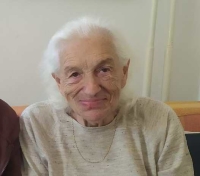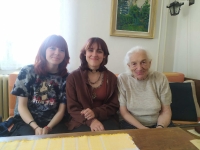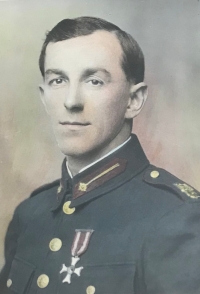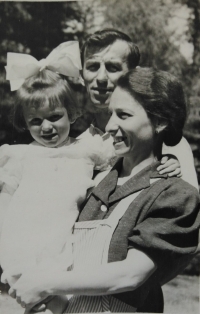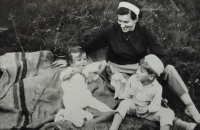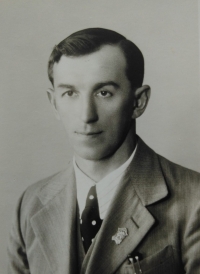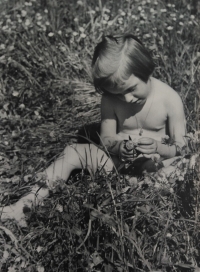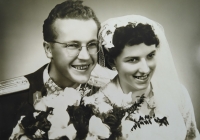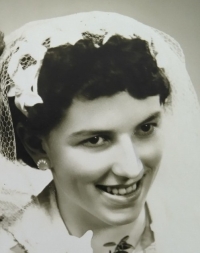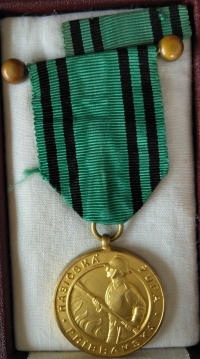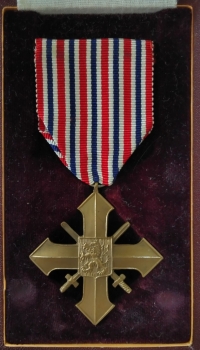We knew who turned my father in, but we took it as a human failing
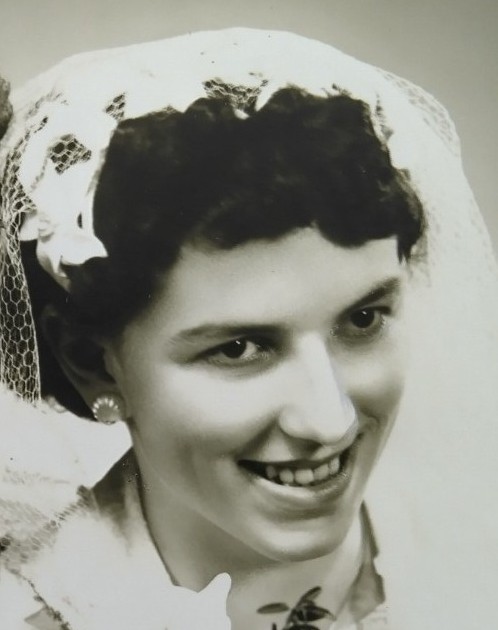
Stáhnout obrázek
Vlasta Forejtová née Kolofová was born on 30 October 1938 in Březnice. Her father, Stanislav Kolofa, worked as a master locksmith on Count Pálffy‘s estate in Březnice and was also the commander of the local fire brigade. With the coming of the war, he joined the resistance activities as a commander of the local Obrana národa (Defence of the Nation). In September 1944 he was arrested by the Gestapo and imprisoned in Březnice and later in Klatovy. To prevent the Gestapo from using little Vlasta as a means of coercion during the interrogation of her father, her mother hid her with various relatives and later in the infectious diseases ward of the hospital in Příbram. In March 1945, her father was taken to the Small Fortress of Terezín to the death row, where he died on 5 May 1945. Vlasta Forejtová recalls the bombing of Březnice at the end of the war and the fighting when German soldiers were passing through Březnice on their way to American captivity. In September 1944, she started primary school in Březnice, and in 1953 she began attending the secondary general education school in Příbram. In 1955 she joined the Communist Party. She married a professional soldier and together they raised two sons. They moved to Rožmital pod Třemšínem, where she worked in a construction company and later as the head of the local cultural centre. In 1975, she moved with her family to Plzeň, where she worked as director of the Městské kulturní středisko (Municipal Cultural Centre) until 1990. Shortly after the revolution, she was fired from her job, and her memories of the Velvet Revolution are not fond. In 1991-1993 she worked in Škoda Plzeň, after which she and her husband returned to Březnice. Until 2020 she was the chairwoman of the Svaz tělesně postižených (Union of the Physically Handicapped) and a member of the regional committee of the Českoslovenští bojovníci za svobodu. She goes regularly to the primary school in Březnice to talk about her father‘s fate. At the time of recording in 2022, she was still living in Březnice.
